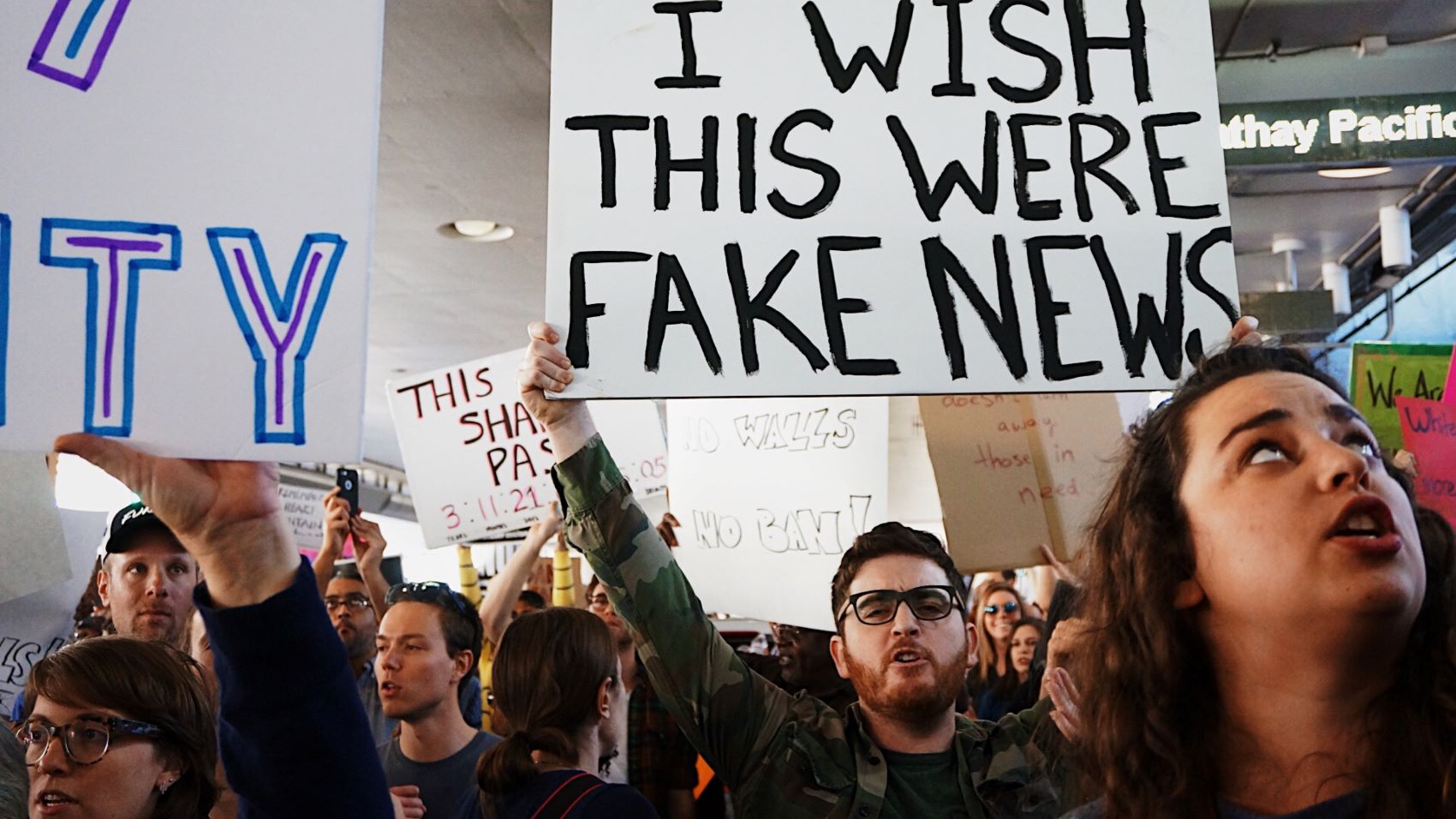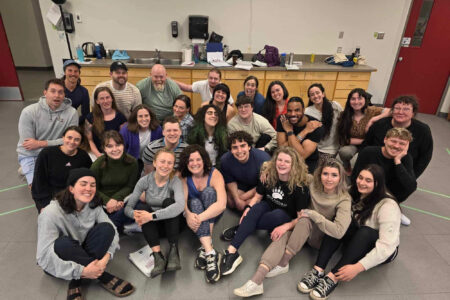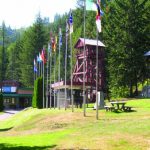Editorial: Let's not be dupes
This week’s Op/Ed piece by Professor Henry Giroux asks us to “stand up for democracy.” Sounds like a good idea – but how can we best do that?
Being well-informed
One of the things Giroux emphasizes is information – a healthy democracy depends on well-informed citizens. Today, information can fly around the planet in moments – but what actually flies around most effectively is not information, but misinformation. Lies. Fake news. The well-respected journal Science reported on a study in 2018 proving that falsehoods – especially political ones – spread “significantly farther, faster, deeper, and more broadly than the truth in all categories of information.”
The abstract noted, “We found that false news was more novel than true news, which suggests that people were more likely to share novel information. … false stories inspired fear, disgust, and surprise …”
Campaigns of misinformation are intentional, and they are a very real threat to our freedom and democracy.
They’re also very subtle sometimes. Learning how to detect them is possible, though. Finland has been targeted by campaigns of misinformation since the early ‘teens, and began to fight back – with educational programs to help citizens hone their “BS detection” abilities. They begin teaching children about it in primary school, and have programs for adults too.
“It’s about trying to vaccinate against problems, rather than telling people what’s right and wrong. That can easily lead to polarisation,” says Mikko Salo, a member of the EU’s independent high-level expert group on fake news.
Finland also has a high level of literacy – that also helps in resisting the toxic influence of misinformation. The Open Society Institute Sofia says, “Finland, Denmark, the Netherlands, Sweden and Estonia top the Media Literacy Index 2019. Finland at #1 spot among 35 countries has a substantial lead over the rest with 78 points. These countries are considered the best equipped to withstand the impact of fake news due to the quality of education, free media and high trust among people.”
Finland recognizes that disinformation is a threat to national security. We all need to recognize that too, and take responsibility for neutralizing it.
Next time you see a tweet, or a meme posted on FaceBook, and it inspires outrage, anger, shock, or disgust – and probably reinforces your point of view – be suspicious. Question it. Check the source; is it from an organization – news or otherwise – that pushes an extreme position on the political spectrum? Is its source an organization supported by an industry? Can you dig deep enough to discover who supports that particular source? Could the source actually be a troll with ulterior motives? Misinformation is always fueled by an ulterior motive. Can you figure out what that motive is?
Don’t trust nastiness
Does the stuff you’re reading use emotionally-loaded language designed to make you think that someone, or a whole category of people, is inferior, or ill-intentioned and aimed at destroying what you hold dear? Don’t trust it. It’s probably false. It may be based on a kernel of truth – it may be that someone, or some group of people, wants to accomplish something that will, indeed, destroy much that we hold dear; but we all owe it to ourselves, and to the world, to dig deep enough to know the facts, which are not always as simple and one-sided as the memes and tweets suggest.
As my dear old dad, may he rest in peace, used to remind me, “When you’re pointing a finger at someone else, you have three fingers pointing back at yourself.”
Holding politicians accountable
The global climate crisis threatens all of life on earth. The science is well-enough settled to state that as a fact. But politicians don’t act to curb it, for a host of reasons. Aside from the widespread corruption of industry dictating policy to governments, there is the paralysis of governments by wasting time. Part of the waste of government time, and taxpayer money, is the adversarial, partisan approach to governance at the provincial (or in the US, state) and federal levels. One party refuses to support anything by the opposing party, even when it’s clearly in the country’s – and maybe the whole world’s – best interests.
Elected representatives waste time and energy insulting those in other parties, heckling and generally behaving in ways that upset and appall mere citizens observing the process.
Once elected, politicians ought to work together for the good of the country, and in the case of the climate crisis, for the good of life on earth. Yes, they have different ideas about the best form of governance, and the best form of society, but they should inform themselves of the science, they should listen to each other and they should be able to find common ground somewhere. If they can’t find common ground on everything, or even most things, fine – but they should conduct themselves with a sufficient level of decorum and respect to not interfere with getting the work done, and not contribute further to polarizing our country into wastefully warring camps.
As citizens and voters, we need to let them know that’s what we want from them. Maclean’s columnist Scott Gilmore wrote a fine piece on this, and another on the need for “more shame in politics.” Married to a politician, Gilmore knows whereof he writes.
Spread truth, not misinformation
Does your finger twitch with the desire to spread a meme or news item that filled you with righteous anger, or portrayed someone as despicable whom you already despise? Hold off. Check it out. If it’s false, or partly false, point that out. If it’s just mean and nasty, why spread it?
The European Commission discusses disinformation and its damage to European society at this link.
Know what “your side” stands for. And the other side, too.
How our province and our country are run, and what we tolerate and what we promote – those things are important. They’re worth at least as much mental energy as, say, a new hairdo or deciding what to have for dinner or how to spend a holiday. Please put at least that much energy into educating yourself, and combatting ignorance in others, too.
An American acquaintance recently stated that “those liberals” wanted to destroy the country. I didn’t believe that’s what they wanted, so asked what it was that “those liberals” wanted to do that would be bad for Americans as a whole. The acquaintance never responded to that question, and I have always wondered whether it might be that she simply didn’t know what “those liberals” wanted to do, or whether it would be bad for the country and its people – or maybe even good for most people there.
You support a political party? OK. Do you know what the other parties’ platforms are? If you haven’t read them – if you just believe what your own party says about them – then you may not know. And you should know. That’s just part of being well-informed and able to vote wisely, instead of being misdirected by misinformation.
Don’t be a dupe. Figure things out. It’s not overly dramatic to say that our future depends on it.
























